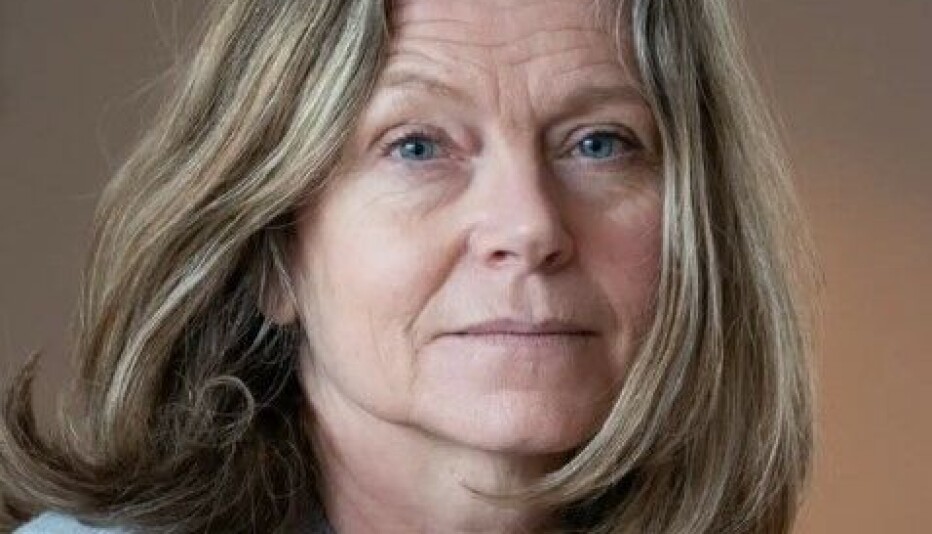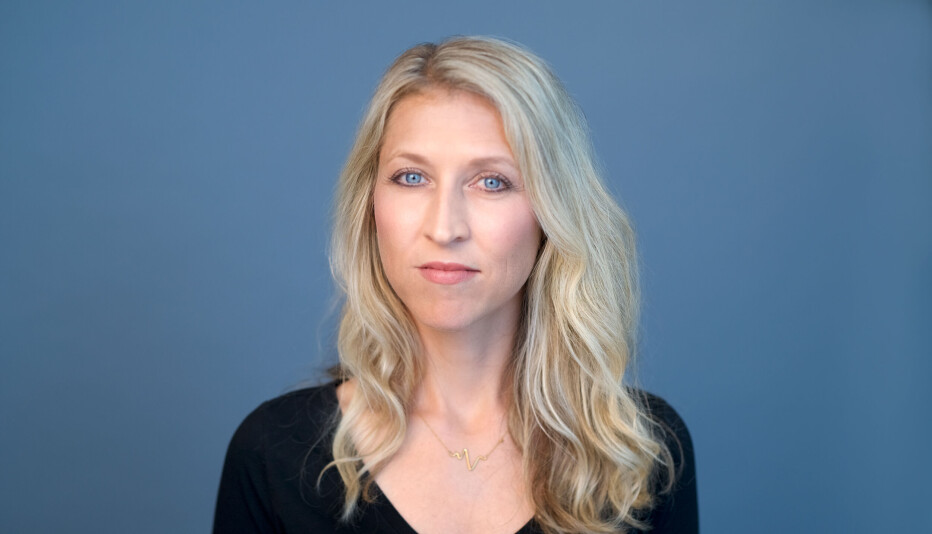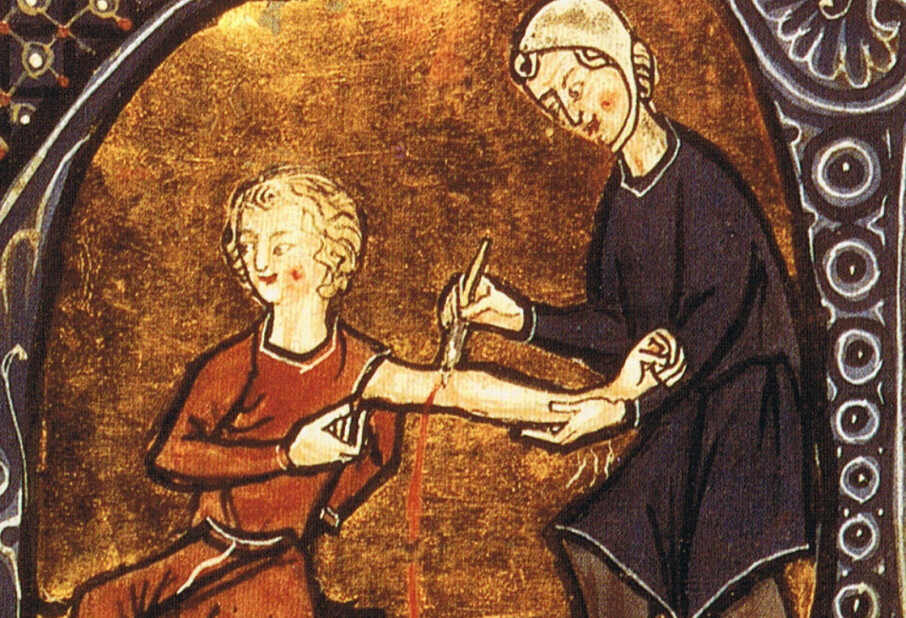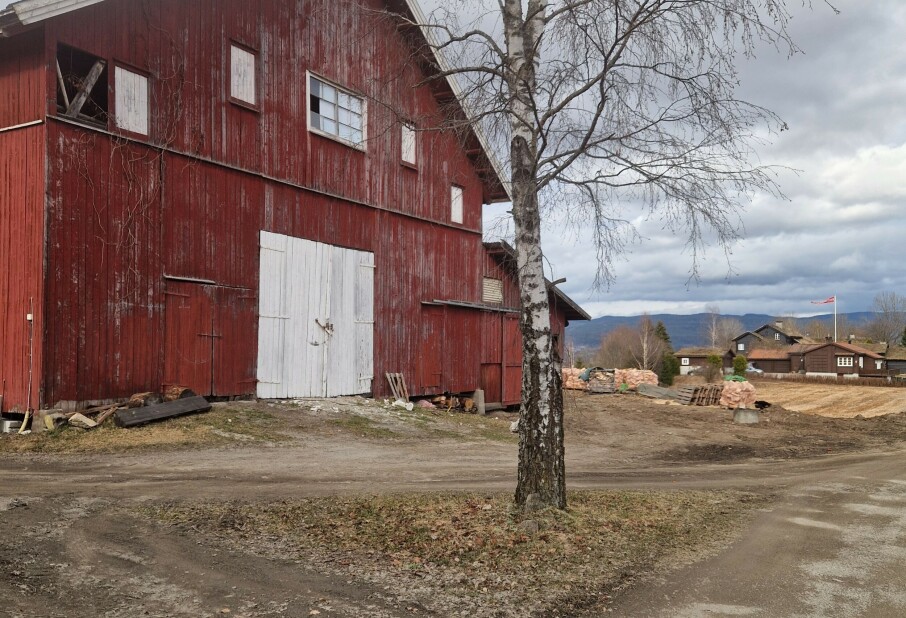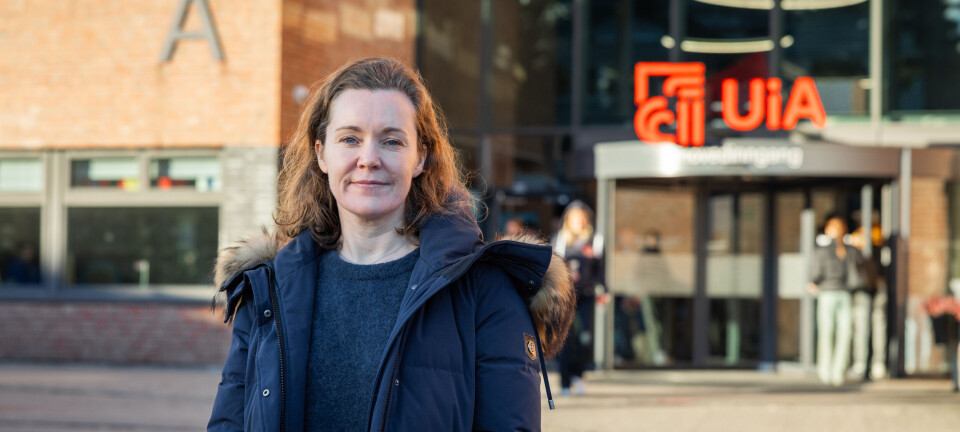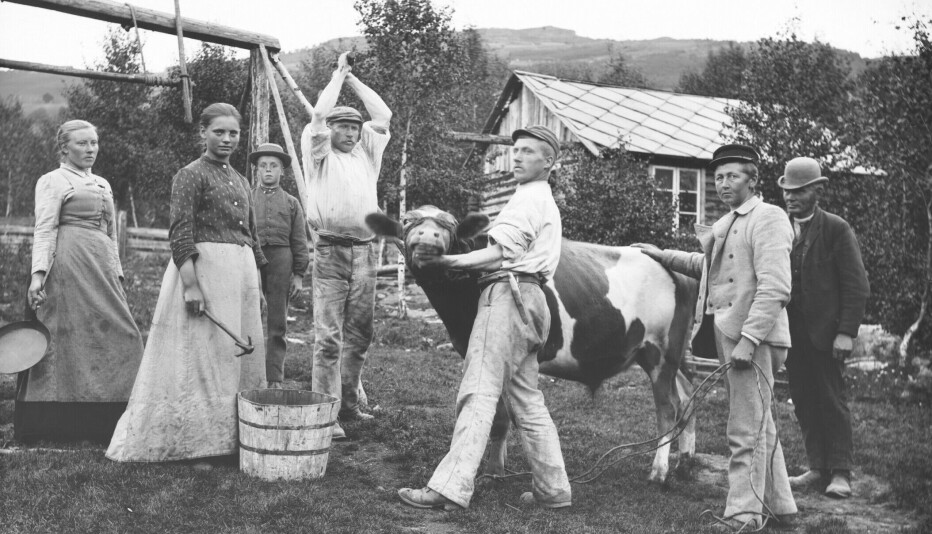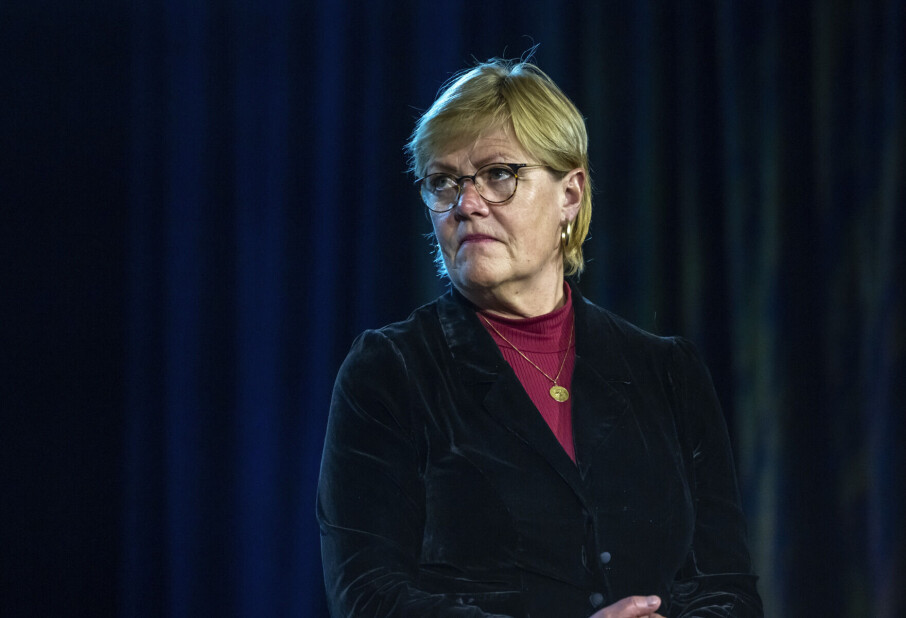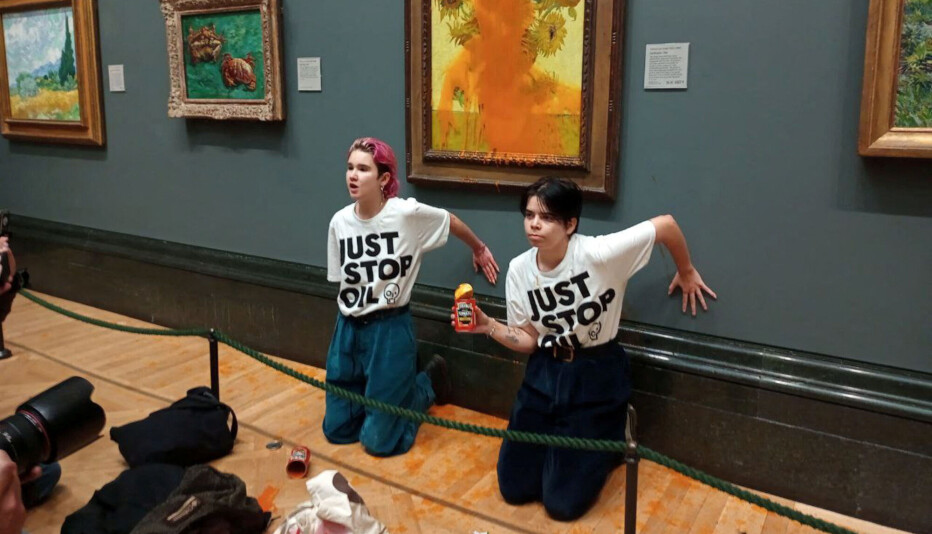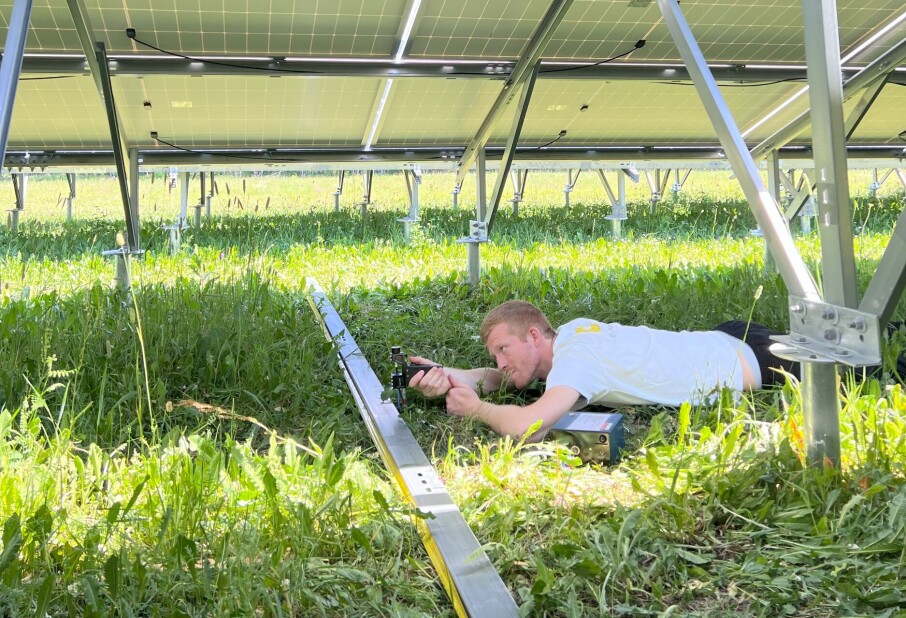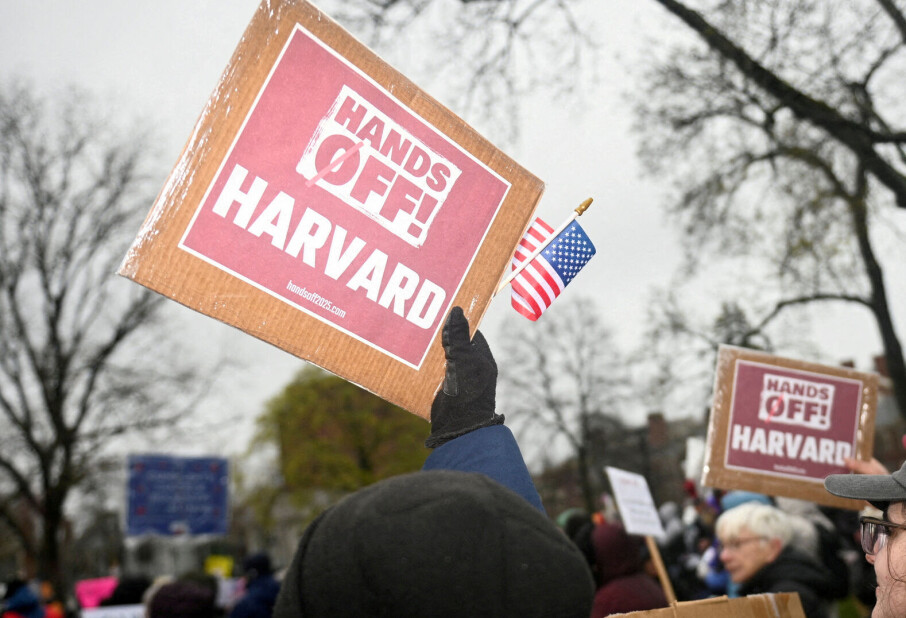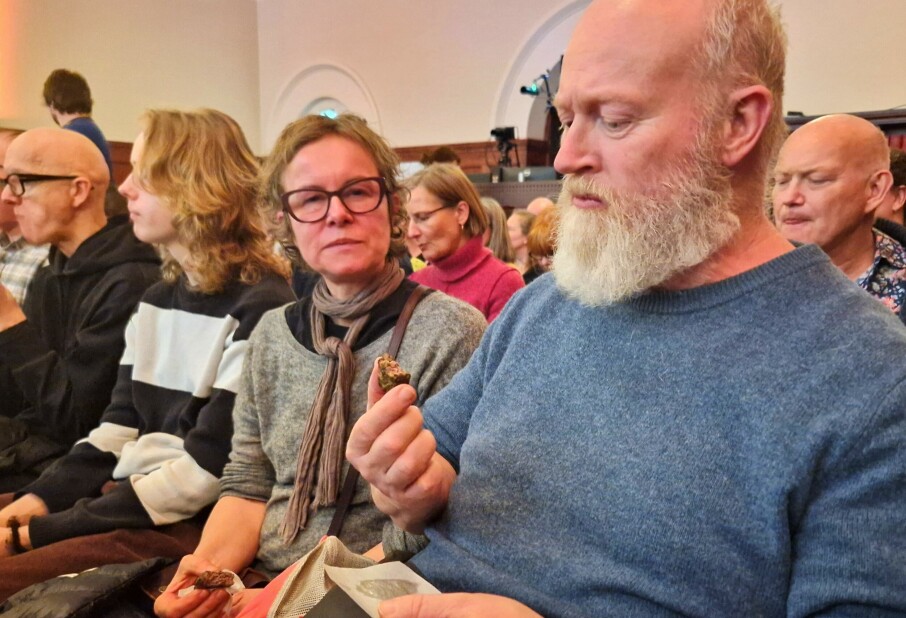
Loneliness and insecurity dog youngsters as they age out of child welfare services
Norwegian law stipulates that young people who have grown up in the care of child welfare services are entitled to aftercare until they are 23 years old. But only very few get help after they turn nineteen.
It can be daunting to grow up.
And it can be particularly frightening for children whose homes have been in institutions or foster homes.
Many are thrown out into the world and have to master adult life all at once. They often have to stand on their own two feet, with far fewer resources and supports than other young adults in their early 20s.
For young people aging out of child welfare services, finding people they can lean on can be a challenge. Not everyone can – or wants to – have contact with their biological family.
Abrupt changes after age 19

"When the state assumes responsibility for children and young people, they have an ethical obligation to give them sufficient help in their transition to adulthood," says researcher Elisiv Bakketeig.
She has been involved in a large research project on young adults who have recently aged out of child protective services.
Her research shows that despite being entitled to aftercare until they are 23, few young adults who age out get help for that long.
Two thirds of those who received aftercare in 2017 were 18 and 19 years old. Aftercare participation drops abruptly after age 19. This has been the pattern for many years.
Against all odds
Researchers at OsloMet undertook a non-traditional approach to their child welfare study. They interviewed young people that have done well since transitioning into adulthood.
Against all odds, some of these young adults have navigated that journey successfully.
They don’t have that different a background or child welfare history than children who don’t fare so well, the researchers say. What does distinguish them is that they experienced school as a sanctuary and have consistently been good at school.
"Teachers who expressed confidence in a child’s ability to succeed gave a great boost to the child’s self-confidence and attitude towards school," says Bakketeig.
One of the main conclusions of the project is that children who are managing their transition into adulthood well have been good at finding someone they have close contact with and have received help from, according to project leader Elisabeth Backe-Hansen.
Emotional support
The researchers concluded that child protective services should place more emphasis on ensuring that young adults have someone supportive around them before they age out of the system.
“Child welfare services have been committed to helping provide young people with a place to live, an education or work. Of course this is important, but less attention has been paid to emotional support," Backe-Hansen said at the recent closing conference held in Oslo.
Everyone disappears at once
Bakketeig investigated aftercare experiences with 16 of the young people who have been doing well. At the time of the study they ranged in age from 20 to 32 years old.
“Some of them say that everyone disappears from their lives at once,” says Bakketeig.
The researchers followed one young woman, “Lise”, who describes experiencing a sudden transition and feeling abandoned:
"When I finished high school my teachers disappeared from my life. Then my psychologist that I had a very good relationship and close follow-up with, disappeared. And then child welfare services pulled out, too. In a way, everything happened at once."
Bakketeig believes these stories may indicate a persistent weakness in the system. Individual professional groups are not sufficiently aware of this and need to find ways to better coordinate their services, she believes.
The researcher notes that she has only interviewed the young people who experienced the child welfare system, not their case managers.
Too little info about right to aftercare
Lack of communication and limited information were issues raised by numerous interviewees, says Bakketeig.
They hadn’t received enough information about what kinds of help were available to them. Some had no idea that they were entitled to get aftercare help. Others received help with practical things, but what they really needed was someone to talk to.
Some transitioning youth who had received aftercare for a while felt that they hadn’t been heard well enough by child protective services.
And for others, moving into their own apartment seemed fun at first, but suddenly there they were - all alone.
“Our study was aimed at young adults who’ve been doing well. We can assume that a lot of youngsters in the general child welfare population have weaker essential skills for communicating their needs to the child welfare service. This implies that case managers in the system should take a more proactive role in their contact with young people in the aftercare phase,” says Bakketeig.
Some institutions keep in touch
The child welfare service often thinks it’s better to place children in foster homes than in a child welfare institution.
But this research shows that in some cases, the institution is very important in young people's lives, even after they have moved out.
“Some institutions invite them to Christmas parties and gatherings long afterwards. We also see that some social workers go far beyond the call of duty. That means a lot to the young adults," Bakketeig says.
Aftercare until age 25?
The Norwegian government has now proposed that statutory aftercare should be extended to age 25.
The researchers hope that this proposal passes – but they’re sceptical.
“It's awesome. But is it just symbolic? We’ve just looked at the statistics going way back and found that very few 22-year-olds get aftercare now. What makes us think that suddenly so many more will receive aftercare if the law changes?” Backe-Hansen says.
She says that a change in law isn’t in itself a guarantee. It requires that the law be implemented and that strategies, time and resources are available in the child welfare services.
“Not everyone will need aftercare, but on the other hand, the potential for providing aftercare is certainly not being fully utilized,” she says.
Must find supporters
“We know that many child welfare offices experience high turnover and frequent reorganization, which can affect continuity. If you’re also in charge of too many cases, then it’s difficult to follow up and build relationships with the person sitting on the other side,” says Bakketeig.
The researchers say it takes time to develop a good relationship. If child welfare services don’t have time for this, it will be important to ask young people if they have anyone else who could be a support person for them over time.
If no one is available, researchers suggest using the time before a child’s 18th birthday to find someone who can support them. Family counselling can be a useful tool in such a process.
"It’s also important for young people to get help in staying in touch with their biological relations, if they wish," says Bakketeig.
Role models needed
Sandrina Elisabeth Sandell works at Løvetannakademiet in Norway, an entrepreneurial company that she cofounded. It offers young people emotional support in the aftercare phase.
The fact that relationships are important does not come as a surprise to her, given that she has a child welfare history.
“I think mutual respect and understanding are key. We have to become better at meeting young people where they are in their development,” she believes.
“We shouldn’t let childhood determine a child’s future,” says Sandell. By drawing on examples from past children in the care of child protective services who are doing well as young adults, good role models are created for others. Young people need to see that they can accomplish things and not have to be victims for the rest of their lives.
“But we also need to be cautious about placing too great an emphasis on succeeding. Success can be so many things. Some people aim for the stars, others just want a quiet and calm life with a cat and a partner and just enough challenges. If they achieve that, I believe they’ve succeeded,” says Sandell.
-------
Read the Norwegian version of this article at forskning.no










